Interactives
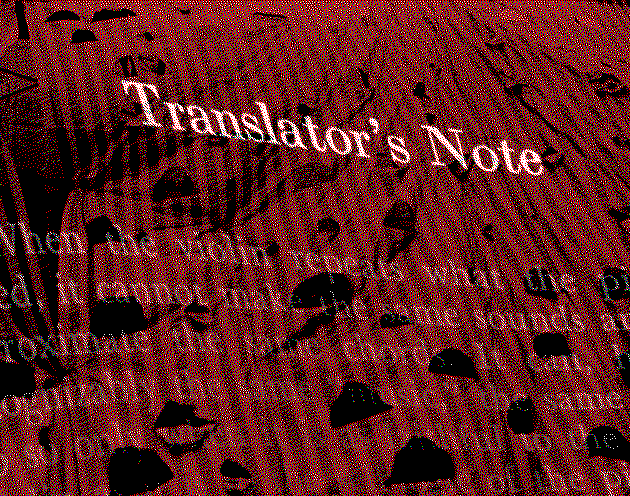
Translator's Note
(Vương, 2024)
A professional prefacing her life’s work - and her life. Hypertext fiction.
Novellas
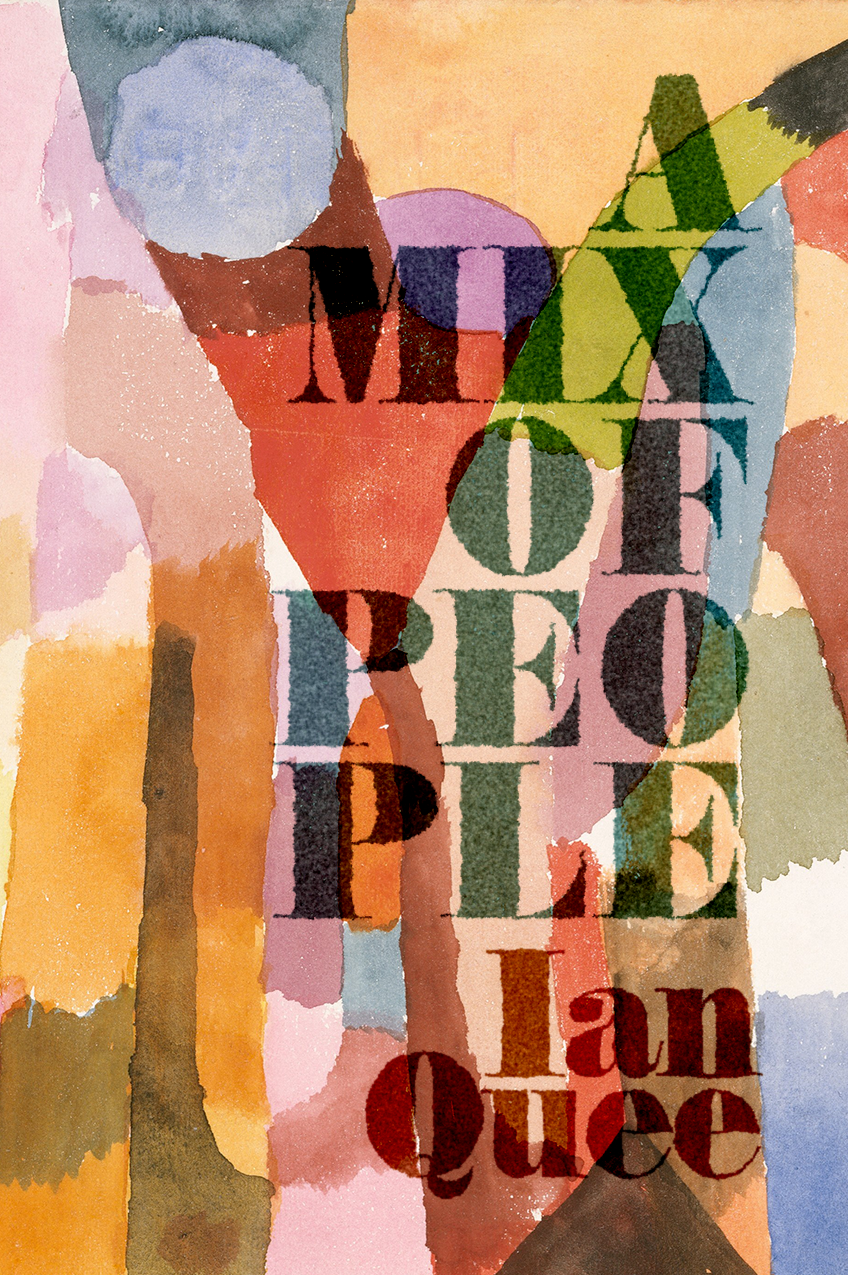
A Mix of People
(Quee, 2018)
A drunken misadventure of the heart.
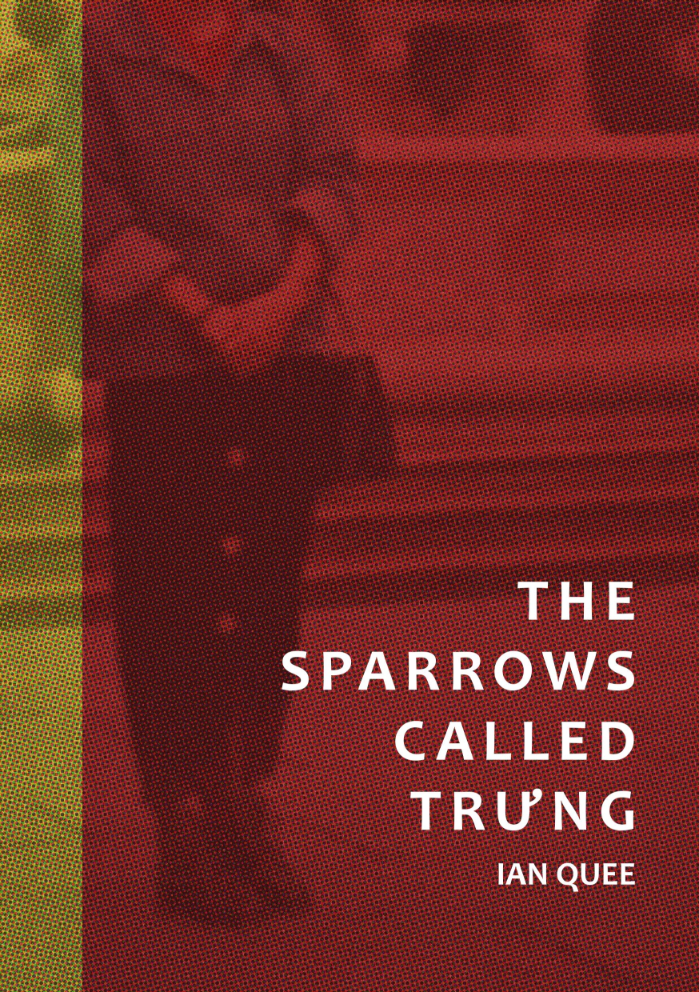
The Sparrows Called Trưng
(Quee, 2017)
A novella about two women living in different places and times, seeking closure to what could have been.

The Great God Pan
(Machen, 1894)
A doctor makes a "slight lesion in the grey matter" of a girl's brain.
Short Stories
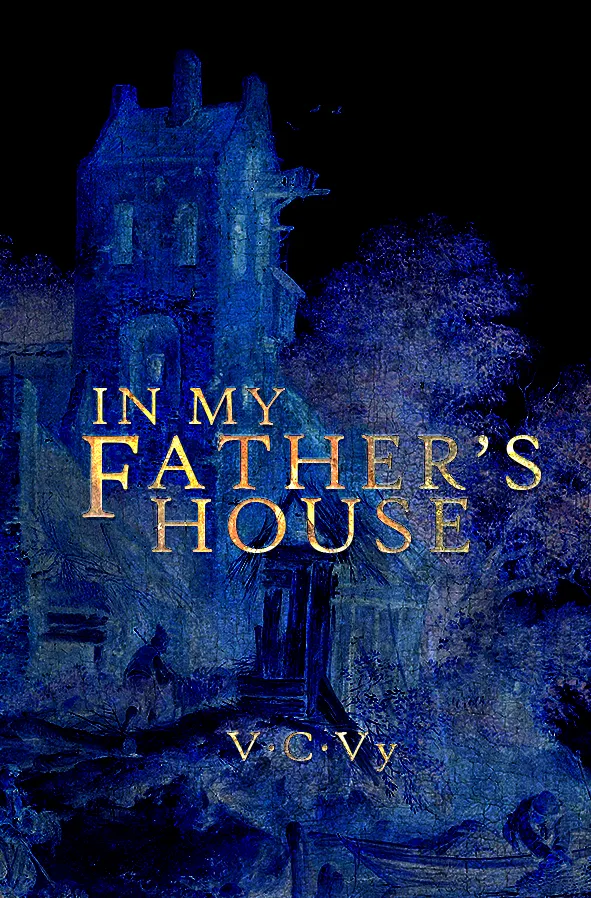
In My Father's House
(Vương, 2020)
A seaside inheritance groans and creaks against a storm. Can a house die?
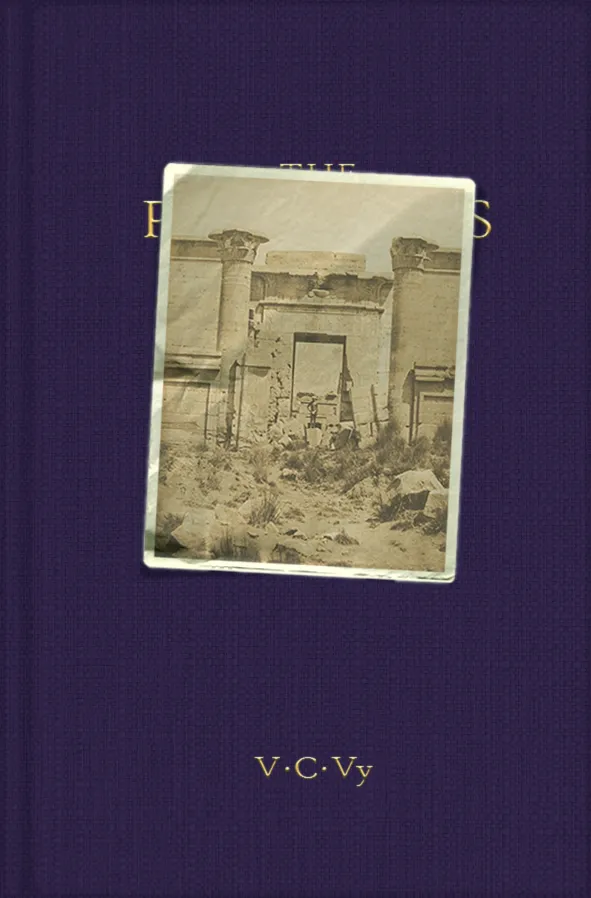
The Pyramid's Gift
(Vương, 2020)
The sky is always pink, and the air is always singing. All desires are bestowed to those who would climb the Pyramid.
Letters & Notes
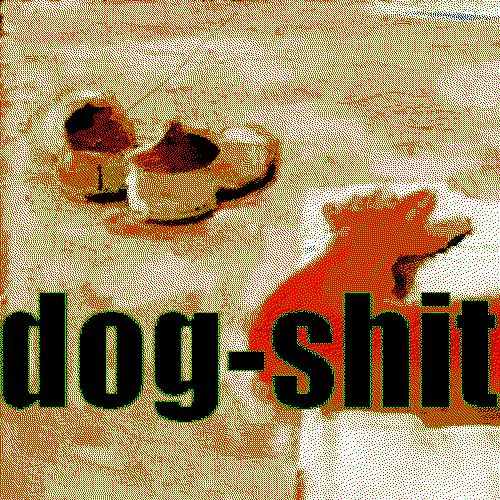
Dog-Shit
(Vương, 2023)
An account of and meditation on the truth beneath our (my) feet. Personal note.
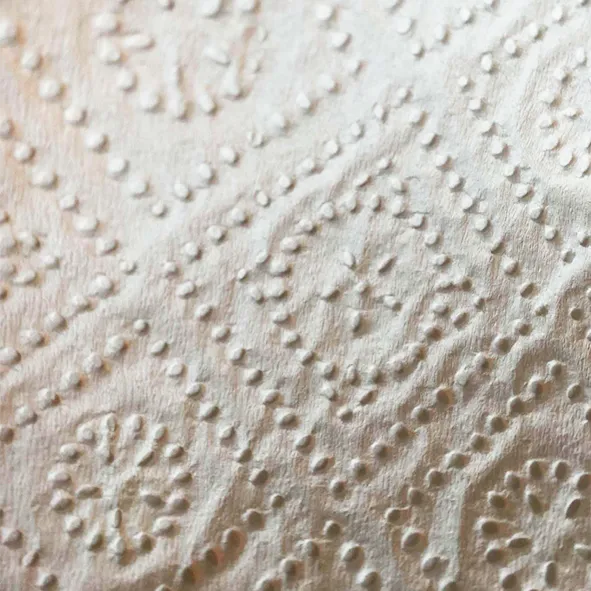
RE: Troubles with Design-Thinking & The Choice-Economy
(Vương, 2022)
Polemic addressed to a friend in response to a paper from a management (pejorative) journal. Essay-length letter.
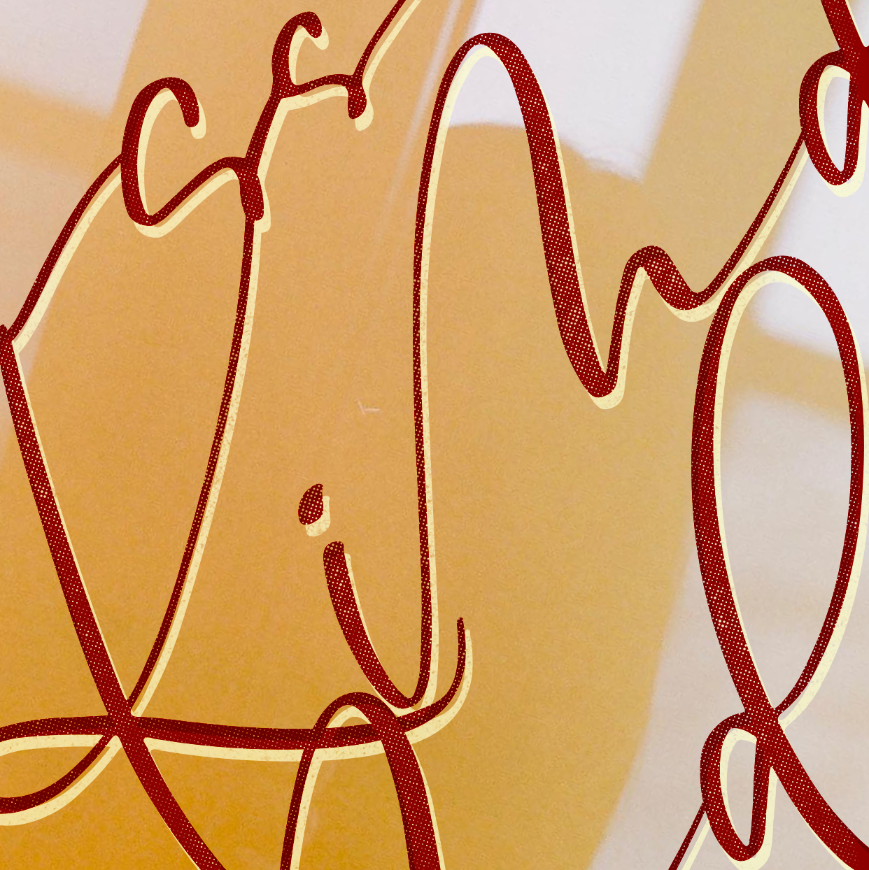
9 Kindnesses
(Vương, 2021)
Grateful recollections for an anniversary. Letter.
